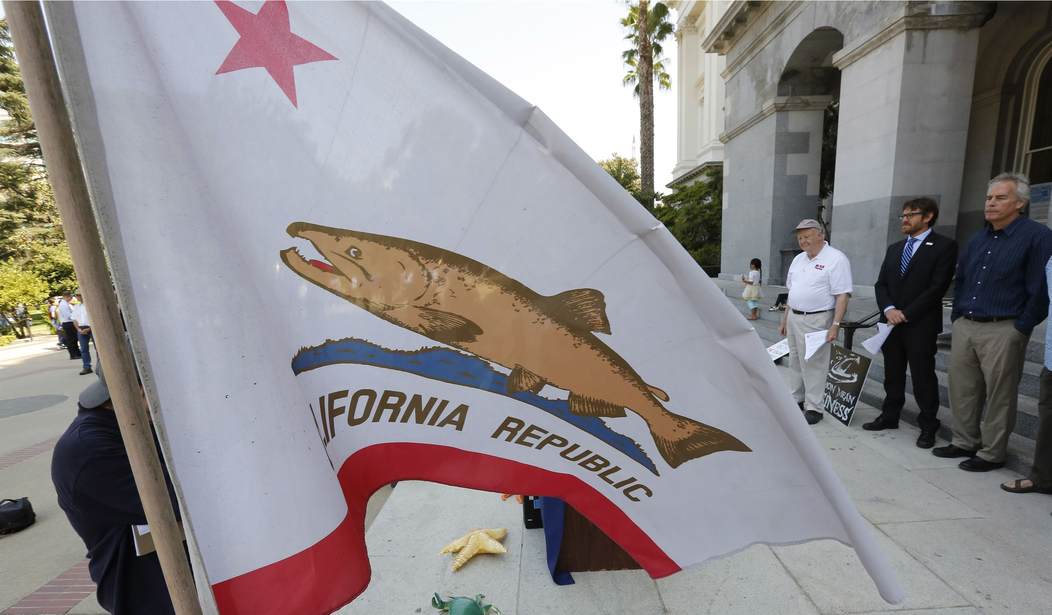One could think of any state as a club and every resident as a member of that club. Taxes could be considered the dues one pays to remain a member of that club. When the dues (taxes) get too high, members are allowed to move along to another club (state). The dues to remain a resident of California for the wealthy or near-wealthy are already the highest in the United States. The dues in Florida, Texas, Nevada etc. are significantly less and California appears on the verge of serious increases in its dues.
New York is not the only state worrying about taxpayers leaving the state to avoid state income taxes. California’s top tax rate of 13.3% is already enough to cause an individual to move to another state if that individual is expecting a very significant asset sale. The number of Californians moving away from California in anticipation of asset sales and public offerings is now more than anecdotal. Wealthy taxpayers are leaving California to avoid its non-deductible 13.3% state tax rate.
The two current drivers for taxpayers expecting a huge capital gain in the future moving from California to an income tax free state (Florida and Texas seem to be the favorites) are the tax rate itself and that state taxes are no longer deductible for federal income tax purposes.
Now comes the potential of California Senate Bill 378 that would ask California voters to approve a California estate tax that would impose a new tax on California estates on the difference between $3.5 million and the federal estate tax exemption of $11.4 million. An individual with $11.4 million of net assets instead of facing no estate taxes would face a California death tax of $3,160,000.
California State Senator Scott Wiener, the father of this proposal, forecasts that this new tax would yield $500 million to $1 billion a year in California taxes that would be used for programs to offset California’s economic inequality through a “Universal College Access Fund”. More likely, Mr. Wiener’s estate tax would raise virtually no estate tax dollars and would reduce annual income tax receipts. Elderly California residents would leave the state rather than face a significant new estate tax at the state level.
Recommended
Mr. Wiener bemoans the estate tax exemption of $11.4 million and seeks to lower that exemption to $3.5 million to achieve ‘fairness’. Mr. Wiener is in the wrong legislature to achieve his goal. Were he making this proposal on the federal level as a member of Congress, there would be a net increase in revenues for the federal government as giving up one’s American citizenship is a great deal more impactful than moving to Miami or Las Vegas.
Mr. Wiener apparently would do well to consider the concept of tax planning. It is a favored American pastime. The perfectly named Appeals Court Judge Learned Hand remarked in the famous case Gregory vs. Helvering in 1934 that “Anyone may so arrange his affairs so that his taxes shall be as low as possible. He is not bound to choose that pattern which best pays the treasury. There is not even a patriotic duty to increase one's taxes.”
An aging taxpayer with $11.4 million in net worth facing a new California $3,160,000 estate tax (27.72%) on death would probably leave the State of California. The moment that elderly taxpayer leaves the state, not only would he avoid the California estate tax, he would also avoid California income taxes for the rest of his life.
It takes no imagination to picture the following conversation between child and parent as the aging parent approaches a decision to move into an assisted living or retirement community. “Dad, we want you to purchase your new retirement home in Las Vegas or Florida”. Or: “Dad: We want you to move to an assisted living facility in Las Vegas. Dad, if you move out of California, there will be another $3,160,000 for your grandchildren. Plus, until you die, your California income taxes will decline from 13.3% to zero.” What grandparent would say no to that proposal?
Children and grandchildren will promise to visit more regularly and probably will perform on that promise. Grandparents are going to essentially start life all over in whatever assisted living or retirement community they move to in any event, so why not Las Vegas? And if Grandpa has any form of dementia, driving grandpa to the skilled nursing home in Las Vegas as opposed to placing him in California is a decision that would take most children about fifteen seconds.
And grandpa could pay for the trips to Las Vegas for everyone and anyone and be net dollars ahead by avoiding the estate and income taxes in California.
We can argue to our heart's content about the appropriateness of an estate tax that does not begin until a decedent has $11.4 million of net assets. But there is almost no argument that California stepping into this void by itself will result in an exodus of aging California taxpayers along with their current income taxes as well as the proposed future California estate tax.
One could argue that California has begun a significant membership drive. Through its high tax policies, it is attempting to drive wealthy and near wealthy Californians out of the state. What happens when there are no longer enough wealthy residents to pay the dues is a very interesting question and a very serious issue.

























Join the conversation as a VIP Member